Search
Search Results
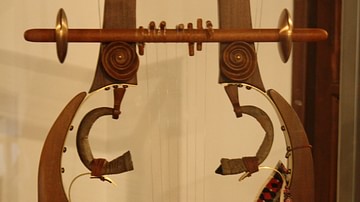
Definition
Ancient Greek Music
Music (or mousike) was an integral part of life in the ancient Greek world, and the term covered not only music but also dance, lyrics, and the performance of poetry. A wide range of instruments was used to perform music which was played...
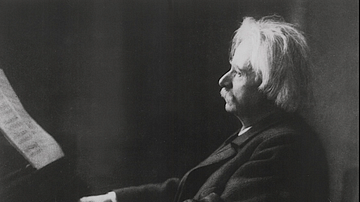
Definition
Edvard Grieg
Edvard Grieg (1843-1907) was a Norwegian composer known for his songs, piano music, and the Peer Gynt suites. The composer was famous in his own lifetime, touring extensively to play and conduct his own works across Europe. Grieg's Romantic...
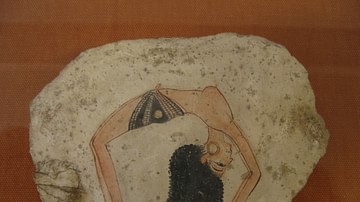
Article
Music & Dance in Ancient Egypt
Music and dance were highly valued in ancient Egyptian culture, but they were more important than is generally thought: they were integral to creation and communion with the gods and, further, were the human response to the gift of life and...
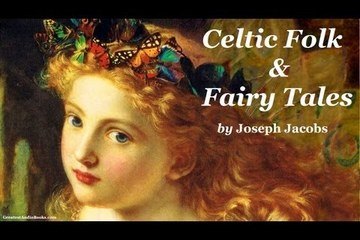
Video
Celtic Folk and Fairy Tales: The Complete AudioBook
This is the complete audiobook entitled: "Celtic Folk and Fairy Tales", edited by Joseph Jacobs. Book Coordinator: Ann Boulais Dedicated Proof-Listener: Ann Boulais Meta-Coordinator/Cataloging: Leni This is a Librivox recording. All...

Definition
Gustav Holst
Gustav Holst (1874-1934) was a British composer of Swedish origin most famous for his dramatic orchestral suite The Planets, first performed in public in 1919. Holst also composed several operas, wrote sacred choral works such as The Hymn...
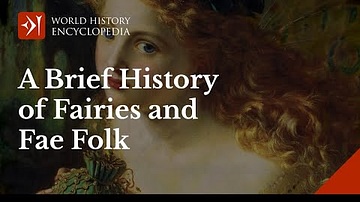
Video
A Brief History of Fairies and Fae Folk from Around the World: in Honor of International Fairy Day
The history of fairies and fae folk is incredibly long and can be traced back to multiple different origin points around the world. The fairy or fae developed independently in a number of cultures including Slavic, English, Persian, French...
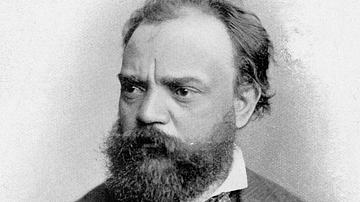
Definition
Antonín Dvořák
Antonín Dvořák (1841-1904) was a Czech composer best known for his symphonies, symphonic poems, operas, and chamber music. Dvořák's best-loved works include his 9th Symphony (From The New World), the American quartet, and his Slavonic Dances...
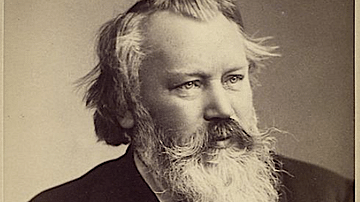
Definition
Johannes Brahms
Johannes Brahms (1833-1897) was a German composer of Romantic music best known for his symphonies, songs, and orchestral, chamber, and piano music. A great student of the history of music, Brahms was convinced that only by working within...

Article
How the World Was Made: A Cherokee Creation Story
How the World Was Made is a creation story of the Cherokee nation, which, like many such tales of the Native peoples of North America, begins with a world covered by water from which dry land is formed and natural order created by beings...
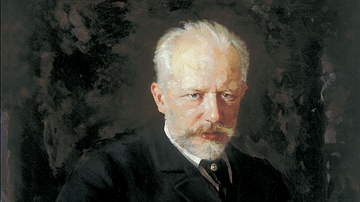
Definition
Pyotr Ilyich Tchaikovsky
Pyotr Ilyich Tchaikovsky (1840-1893) was a Russian composer most famous for his symphonies, the ballets Swan Lake, The Sleeping Beauty, and The Nutcracker, and the operas Eugene Onegin and The Queen of Spades. A composer of innovative and...